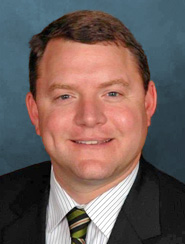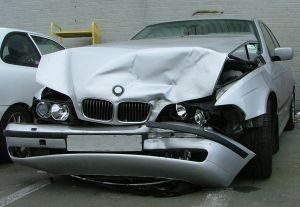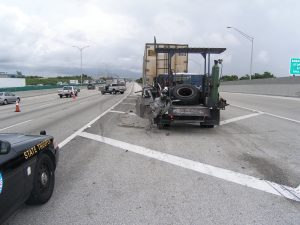 From: Jeff Gale [mailto:jgale@jeffgalelaw.com]
From: Jeff Gale [mailto:jgale@jeffgalelaw.com]
Sent: Wednesday, April 19, 2017 9:15 PM
To: ‘bradley.rob@flsenate.gov’
Subject: Senate Bill 1582 (Workers’ Compensation)
Dear Senator Bradley:
I have been representing injured workers since 1990. As Florida’s 1st DCA wisely noted in 1985, in language adopted by the Florida Supreme Court in Castellanos v. Next Door Company, et al., a claimant proceeding “without the aid of competent counsel” would be as “helpless as a turtle on its back.” Davis v. Keeto, Inc., 463 So. 2d 368, 371 (Fla. 1st DCA 1985).
I have followed all of the Senate Committee hearings on your bill. I take issue with those who testified that the Castellanos fee was an aberration. It was not. While $1.53/hr. falls at the low end of the spectrum, there is little practical difference between $1.53/hr and $15.00/hr or $20.00/hr for a lawyer trying to keep his or her law office lights on. Between 2003 and Castellanos, I handled hundreds of WC cases. My average hourly rate on those cases ranged from $15 to $20 per hour. Unsustainable. I continued to accept workers’ compensation cases because they are the most gratifying of the various types of cases I handle, but it was personal injury cases that allowed me to stay in business. Many workers’ compensation attorneys dropped out.
My experience with low hourly rates is not unique. As FN 2 in Castellanos indicates, on the date the Supreme Court rendered its decision it had pending before it (on certiorari jurisdiction from the 1st DCA) 18 other cases on the very same issue. I say this as a caution against believing those who downplay the devastating impact of the law challenged in Castellanos.
The reasonable carrier-paid attorney’s fee serves two tremendously important purposes. First, it affords injured workers the opportunity to retain competent counsel. Second, and just as important, it compels carriers to provide needed benefits timely. The problem pre-Castellanos is that carriers faced little consequence for poor and bad faith claims handling.
I greatly appreciate your steadfastness and decency in seeking to fashion a fair and measured workers’ compensation bill in the face of powerful opposition forces. The current version of SB 1582 is that bill. The House bill is not. The hourly rate for carrier-paid fees must be high enough to serve the important goals of affording injured workers adequate legal representation and of prodding carriers into doing the right thing. The House bill, with its $150/hr. cap and onerous hurdles to securing fees – period — eviscerates these goals.
Most respectfully,
Jeff Gale
From: Jeff Gale [mailto:jgale@jeffgalelaw.com]
Sent: Thursday, April 20, 2017 12:57 PM
To: ‘bradley.rob@flsenate.gov’
Subject: RE: Senate Bill 1582 (Workers’ Compensation)
Dear Senator Bradley,
The total fee received by the Claimant’s attorney in the Castellanos case was $164.54. This was for 107.2 hours of work determined by the Judge of Compensation Claims (JCC) to be “reasonable and necessary.” Under the law ruled unconstitutional, this means that the value of the benefits secured totaled $822.70. More likely than not, had the current attorney’s fee provisions been in place when Mr. Castellanos was seeking these benefits, the carrier would have provided them without a fight. Instead, the E/C forced Claimant’s attorney to the mat figuring early capitulation or, worst case, having to pay the attorney a measly fee in the event of a loss at the trial level.
Continue reading
 Nothing is more important to a workers’ compensation claimant than being under the care of a fair-minded doctor. Unfortunately, realizing this fundamental right under Florida’s workers’ compensation system can be elusive. This is because Florida law offers employers/workers’ compensation insurance companies (E/C) the opportunity to select all of the injured worker’s treating doctors, 440.13, Florida Statutes (2017), and most of these providers, knowing better than to bite the hand that feeds them, willingly render opinions favorable to carriers. Unwilling providers need not apply.
Nothing is more important to a workers’ compensation claimant than being under the care of a fair-minded doctor. Unfortunately, realizing this fundamental right under Florida’s workers’ compensation system can be elusive. This is because Florida law offers employers/workers’ compensation insurance companies (E/C) the opportunity to select all of the injured worker’s treating doctors, 440.13, Florida Statutes (2017), and most of these providers, knowing better than to bite the hand that feeds them, willingly render opinions favorable to carriers. Unwilling providers need not apply. Florida Injury Attorney Blawg
Florida Injury Attorney Blawg







